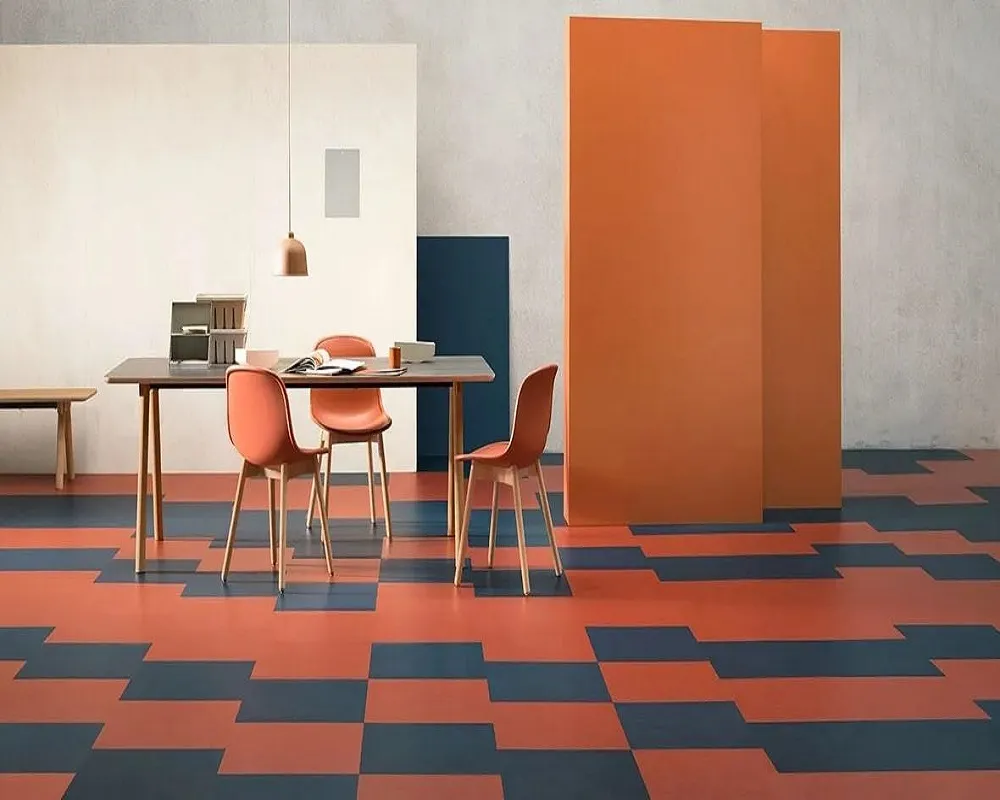FAQ
A: Linoleum flooring is primarily made from natural materials such as linseed oil, cork powder, wood flour, and mineral pigments. It is known for its eco-friendly composition.
A: Yes, linoleum flooring is highly durable and can withstand high-traffic areas. It is a popular choice for commercial spaces like offices, schools, and healthcare facilities.
A: With proper maintenance and care, linoleum flooring can last for 20-40 years or even longer. It is known for its exceptional lifespan.
A: Yes, linoleum flooring is suitable for bathrooms and kitchens. However, it is essential to ensure proper installation and seal the edges to prevent moisture damage.
A: Linoleum flooring has natural water-resistant properties, but it is not completely waterproof. It is important to wipe up spills promptly to avoid long-term damage.
A: Regular sweeping or vacuuming, followed by damp mopping with a mild linoleum-specific cleaner, is recommended. Avoid using harsh chemicals or abrasive scrub brushes.
A: In some cases, linoleum flooring can be installed over existing floors, provided the surface is clean, even, and properly prepared. However, it’s best to consult a professional for guidance.
A: Yes, damaged linoleum flooring can often be repaired. Depending on the extent of the damage, options include patching, replacing individual tiles, or refinishing the surface.





